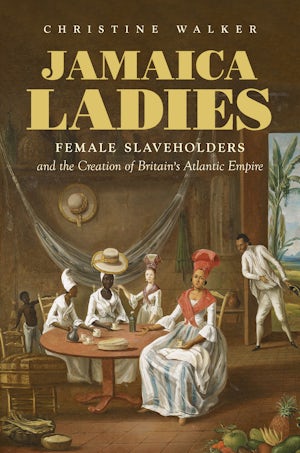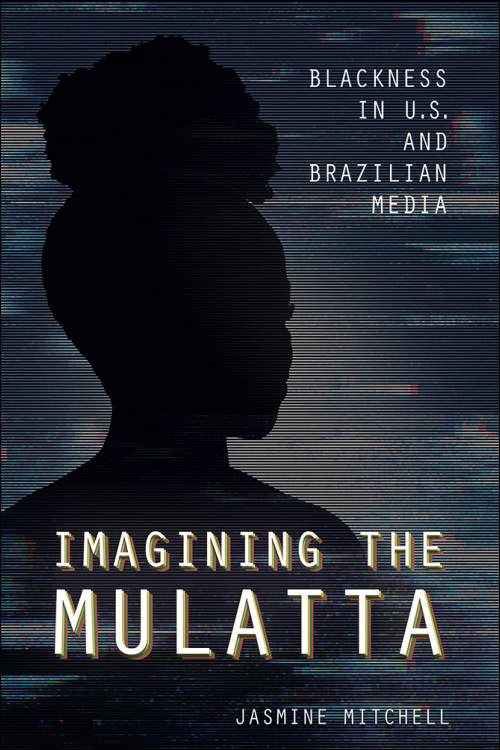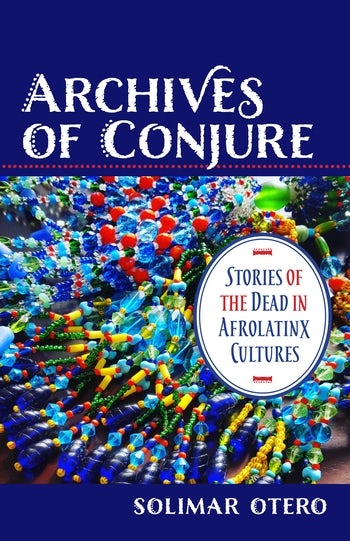Shilling for U.S. Empire: The Legacies of Scientific Racism in Puerto RicoPosted in Articles, Caribbean/Latin America, Health/Medicine/Genetics, History, Literary/Artistic Criticism, Media Archive, Politics/Public Policy, Social Science, United States on 2020-06-26 01:10Z by Steven |
Shilling for U.S. Empire: The Legacies of Scientific Racism in Puerto Rico
The Abusable Past
Radical History Review
2020-06-22
R. Sánchez-Rivera
Department of Sociology
University of Cambridge
 Pablo Delano, A Group of newly made Americans at Ponce, Porto Rico, (detail from the conceptual art installation The Museum of the Old Colony, 2016-ongoing). Source: Stereocard published by M. H. Zahner, Niagara Falls, New York, 1898. Photographer not identified. |
Recently, a published, peer-reviewed article caused a great deal of controversy when it circulated among many academic Facebook pages such as Latinx Scholars, Puerto Rican Studies Association (PRSA), and the Latin American Studies Association (LASA)-Puerto Rico Section. This article, “Economic Development in Puerto Rico after US Annexation: Anthropometric Evidence,” written by Brian Marein, a PhD student in economics at the University of Colorado, Boulder, brings together data to show that the average height of men in Puerto Rico increased by 4.2cm after the U.S. “annexation” (a euphemism for colonization). The author uses anthropometrics to argue that U.S. colonialism was actually beneficial to Puerto Ricans “in contrast to the prevailing view in the literature.” His main conclusion is that because U.S. officials brought in resources, food, and education, the life of Puerto Ricans improved (inferred by the increased height of men) as a result of colonization.
Anthropometrics refers to the measuring of people’s bodies and skeletons to correlate their difference to “racial” and psychological traits that privileged Eurocentric ideas of beauty, intelligence, ableness, morality, among others. This stems from a long history of “race science” that surged from the polygenetic assumption that (1) “race” was a biological type and (2) “races” had distinct origins. Two major theories of human origins and heredity dominated during the nineteenth century: monogenism and polygenism. Thinkers who advocated for monogenism argued that all humans came from the same origin but were in different developmental stages (usually with Whites at the top and Black people at the bottom). However, during the second half of the nineteenth century polygenism, or the notion that the “races” had separate origins and should be considered as distinct and immutable species, became more widely accepted…
Read the entire article here.







